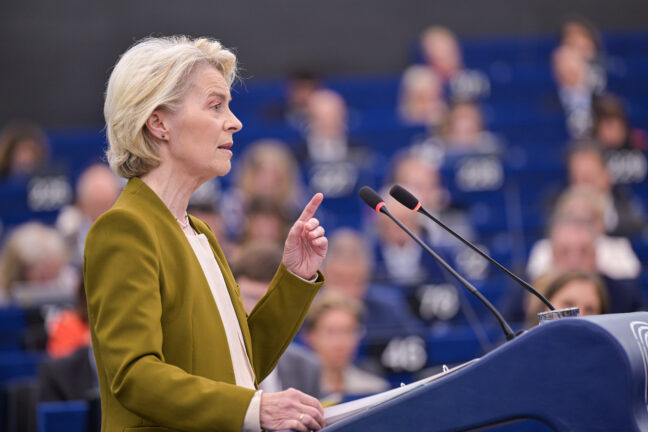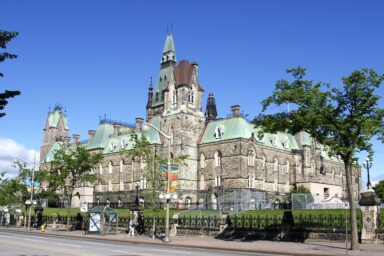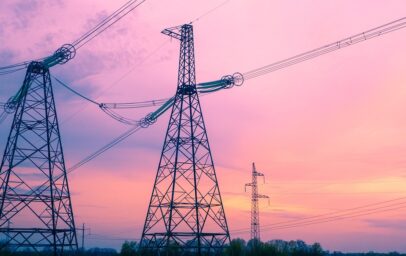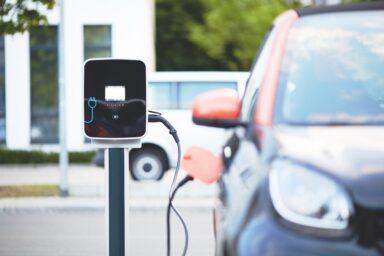Leaders from a number of EU countries, including France, Germany, Italy as well as partner the UK, have declared that any negotiations to end the war in Ukraine must be rooted in the current front-line positions. The statement, issued on Tuesday, was signed following last week’s meeting in Washington between Ukrainian President Volodymyr Zelenskyy and US President Donald Trump.
According to accounts emerging from that meeting, Mr Trump at one point suggested that Ukraine would have to give up the entire Donbas region, but changed his mind, deciding instead that the battle lines be frozen.
Backing for ceasefire on existing lines
European Commission President Ursula von der Leyen on Tuesday also endorsed the joint position, writing on X that the EU was “united, more than ever, for a just and lasting peace for Ukraine,” and that Kyiv must be “in the strongest position before, during and after any ceasefire.” She added that the issue would be central at both the European Council and “Coalition of the Willing” meetings.
The statement, titled Peace for Ukraine, was also signed by Mr Zelenskyy himself. Meanwhile, a proposed follow-up summit in Budapest between the US and Russia appears to be on shaky ground.
Uncertainty over planned summit
A preparatory meeting between foreign ministers — Sergei Lavrov for Russia and Marco Rubio for the US — has not been confirmed. Mr Lavrov has also dismissed the notion of a ceasefire based on the front lines, claiming it contradicted what was agreed during the earlier summit in August 2025 between Mr Trump and Mr Putin in Alaska. That meeting, however, ended without any joint statement and without any concrete promises or outcomes.
Despite these setbacks, Western support for Ukraine remains firm. Canada, the UK and EU countries have continued to back Kyiv in the face of Russian attacks. On Thursday, EU leaders are expected to support a new initiative to raise €140bn for Ukraine by leveraging frozen Russian state assets currently held under sanctions.










